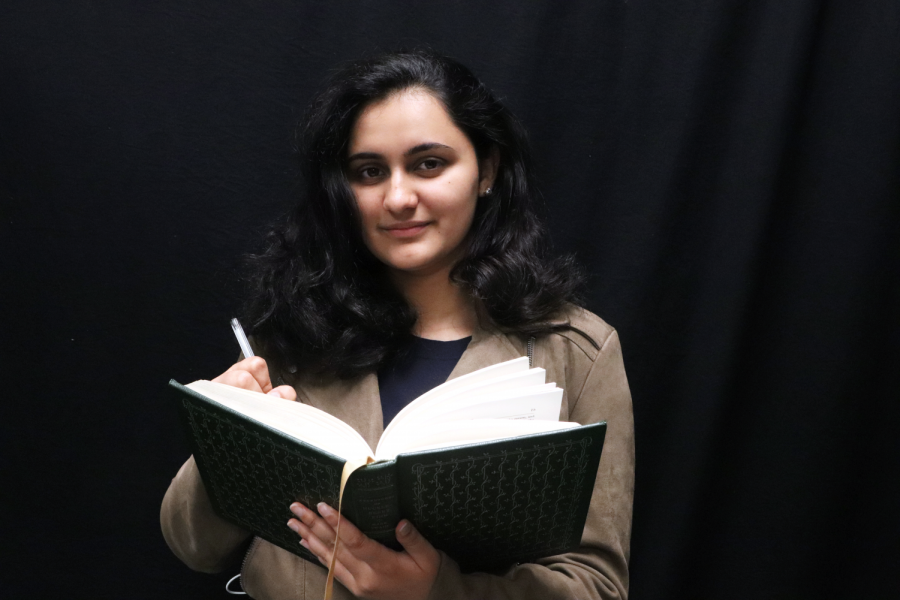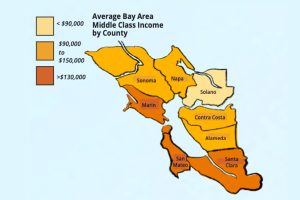Writing in a tech bubble
May 31, 2019
I love my phone. It connects me with my friends; it keeps me in touch with my family; it can help me reach the police in an emergency; it lets me play Tetris.
Like many growing up in Silicon Valley, the people I look up to have always been members of the tech industry. My mother was one of many parents who worked as an engineer at the multibillion-dollar tech companies everyone knows: Apple, Google, Facebook and so on. I saw firsthand what their work could create — whenever I discover a new, exciting feature on my iPhone, it’s pretty cool that I’m able to hold it in my hand and say, “Thanks, mom.”
Thus, growing up, it was easy to equate STEM careers with “success.” Between the flyers for coding lessons at the library and the emphasis on advanced classes in mathematics, I grew to believe that the most respectable path to pursue was STEM. As I heard often in my youth, to pursue anything else was pointless and impractical. Humanities didn’t make a tangible impact on the world, and there was no money in the arts.
This all changed four years ago, when I was blessed by one of the most brilliant and stubborn teachers I’ve ever had. My seventh-grade English teacher was exasperated with the Silicon Valley attitude that math and science were the most important subjects, and she demanded that her students treat literature with respect. She was the first to impress upon us the importance of literature in shaping the values of a society, and to truly push me to improve my writing skills. It was her fierce defense and respect for the written word that began to chip away at my preconceptions about the “seriousness” of writing.
When I wrote my first short story for a school assignment two years later, I was fascinated not only by the emotions my story could evoke, but also the different messages I could exude within a one-page narrative. Inspired, I opened a new file on Google Drive and began writing on my own. A hundred words turned into a thousand, then ten thousand, and then more. Over the last two years, it’s become a habit: often, I spend my free time pouring countless disjointed snippets and stories of varying length and quality onto the digital page. Though I never shared anything I wrote, the process became part of my identity and lifestyle.
I realized that writing is only impractical or pointless if I didn’t take the time to find the value in it. Writing is a way of exploring the world and understanding our place in it; like all art forms, it conveys meaning that affects the choices people make and the principles that our society values. Silicon Valley attitudes, though, have since remained the same: the sciences are valuable and the arts are not. However, two years of exploring my unlikely passion has now left me with a different perspective.
I believe that the Bay Area’s collective dismissal of art and literature speaks to a larger problem in our culture: we don’t value the consideration of our principles as much as personal success or technological advancement. It troubles me that we prioritize asking questions about technology over questions about ourselves, and that we both actively and passively discourage the next generation from searching for the answers to those less tangible questions.
Today, I consider myself lucky to be able to explore both science and writing, and I’m grateful that I have the perspective to respect both professions for what they offer. In this bubble consumed by flashing screens, LED lights and skyscraper cities, it’s important for us to remember that while the sciences describe how we can change the world, the humanities tell us how we should.





























































Nasreen • Mar 27, 2021 at 7:22 am
Excellent article! Very perceptive and “spot on” issue regarding Silicon Valley…asking the right questions and taking responsibility is not something we have done.